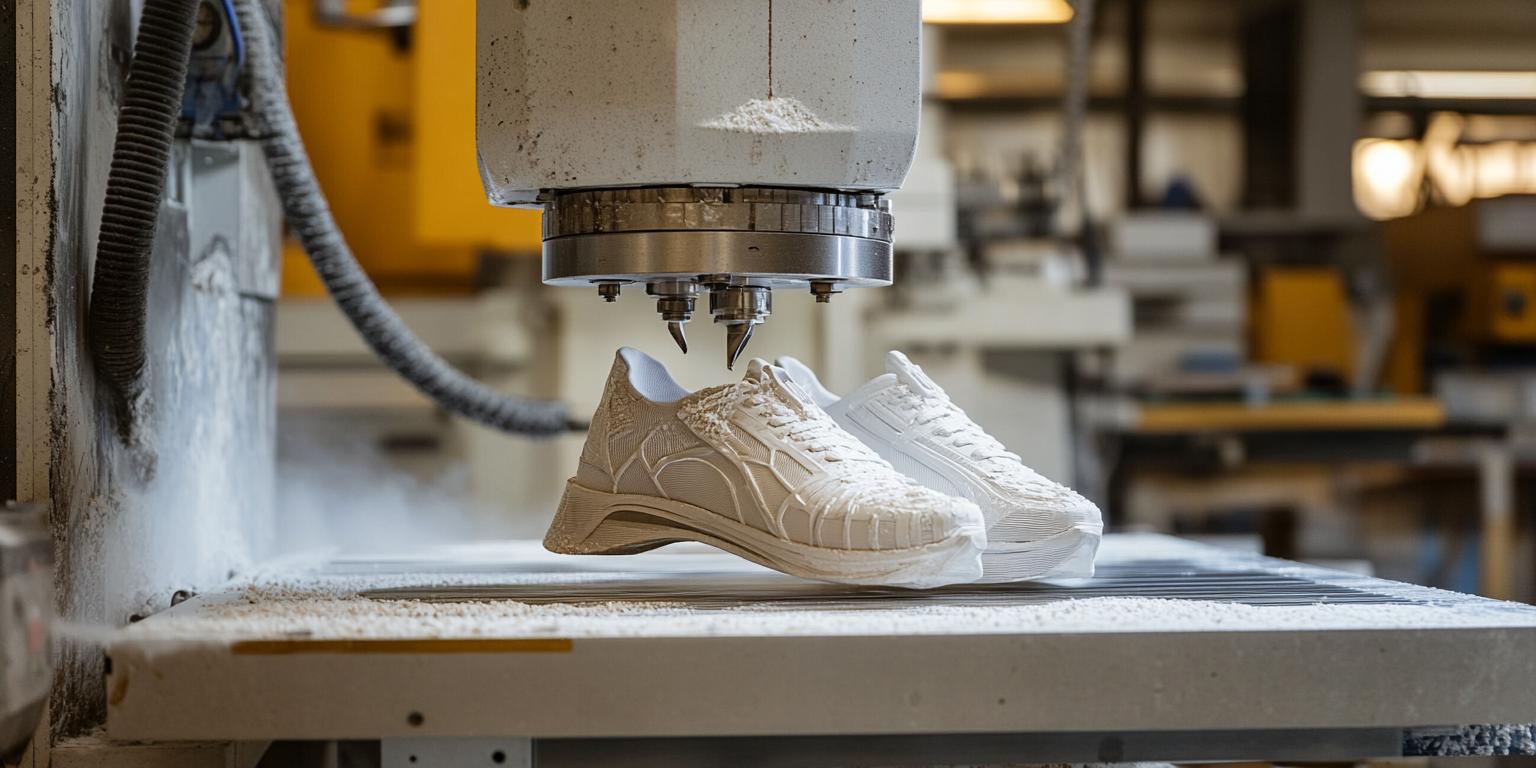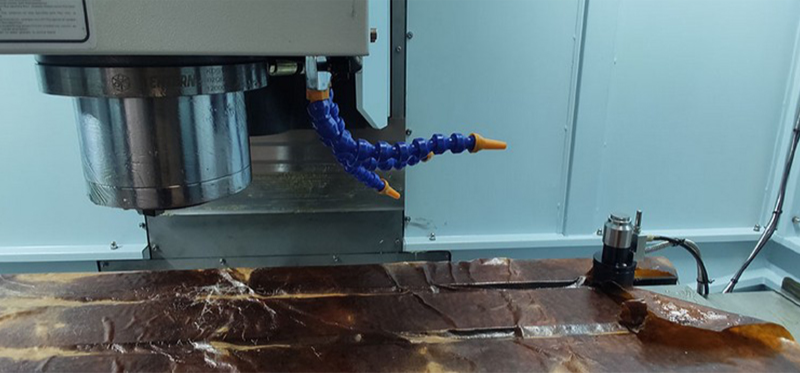
In the iron mold machining industry, equipment stability is a critical factor that directly affects product quality, production efficiency, and long-term cost control. As manufacturers strive for precision and consistency, traditional machining solutions often fall short due to structural limitations and mechanical instability. This article explores the common issues of equipment instability in iron mold machining and presents the DC1113 CNC milling machine as a high-performance solution.
Iron mold machining requires high-precision cutting and consistent performance over extended periods. Any deviation in machine stability can lead to dimensional errors, surface defects, and increased tool wear. According to industry data, up to 30% of production downtime in this sector is attributed to equipment instability and misalignment. Therefore, selecting a machine with robust structural design and advanced engineering is essential for maintaining productivity and product quality.
Traditional CNC machines used in iron mold machining often suffer from several stability-related problems:
These issues not only reduce machining accuracy but also increase maintenance costs and shorten machine lifespan. For many manufacturers, especially those dealing with complex molds, these challenges can significantly impact their competitive edge.
The DC1113 CNC milling machine addresses these challenges through its unique structural design. Featuring a moving bridge, fixed crossbeam, and fixed worktable configuration, it ensures maximum rigidity and minimal deflection during operation. This design effectively isolates vibrations and maintains precise alignment even under high-load conditions.
According to internal testing data, the DC1113 demonstrates a 40% improvement in stability compared to conventional machines. Its rigid frame and optimized weight distribution provide enhanced resistance to thermal deformation, ensuring consistent performance across multiple shifts.

A comparison between the DC1113 and traditional CNC machines highlights the significant advantages of its design:
| Feature | Traditional Machine | DC1113 |
|---|---|---|
| Structural Rigidity | Low | High |
| Vibration Resistance | Medium | Excellent |
| Thermal Stability | Poor | Outstanding |
| Tool Life | Shorter | Longer |
The improved stability of the DC1113 translates into higher machining accuracy, better surface finish, and reduced material waste. In practical applications, users have reported a 25% reduction in rework and a 20% decrease in tool replacement frequency. These improvements not only enhance product quality but also significantly lower operational costs over time.
"Since we upgraded to the DC1113, our mold production has become more efficient and reliable. The machine’s stability has allowed us to achieve tighter tolerances and reduce defects. It's a game-changer for our business."
- RETENTION STAGE Customer

The DC1113 CNC milling machine offers a proven solution for overcoming the stability challenges in iron mold machining. With its advanced structural design, superior thermal management, and consistent performance, it helps manufacturers improve product quality, reduce operational costs, and extend machine life. For companies looking to stay ahead in a competitive market, investing in a stable and reliable machining system like the DC1113 is a strategic decision.
Ready to transform your machining process? Contact us today to learn more about the DC1113 and how it can benefit your operations.
Get Your Free Consultation Now











